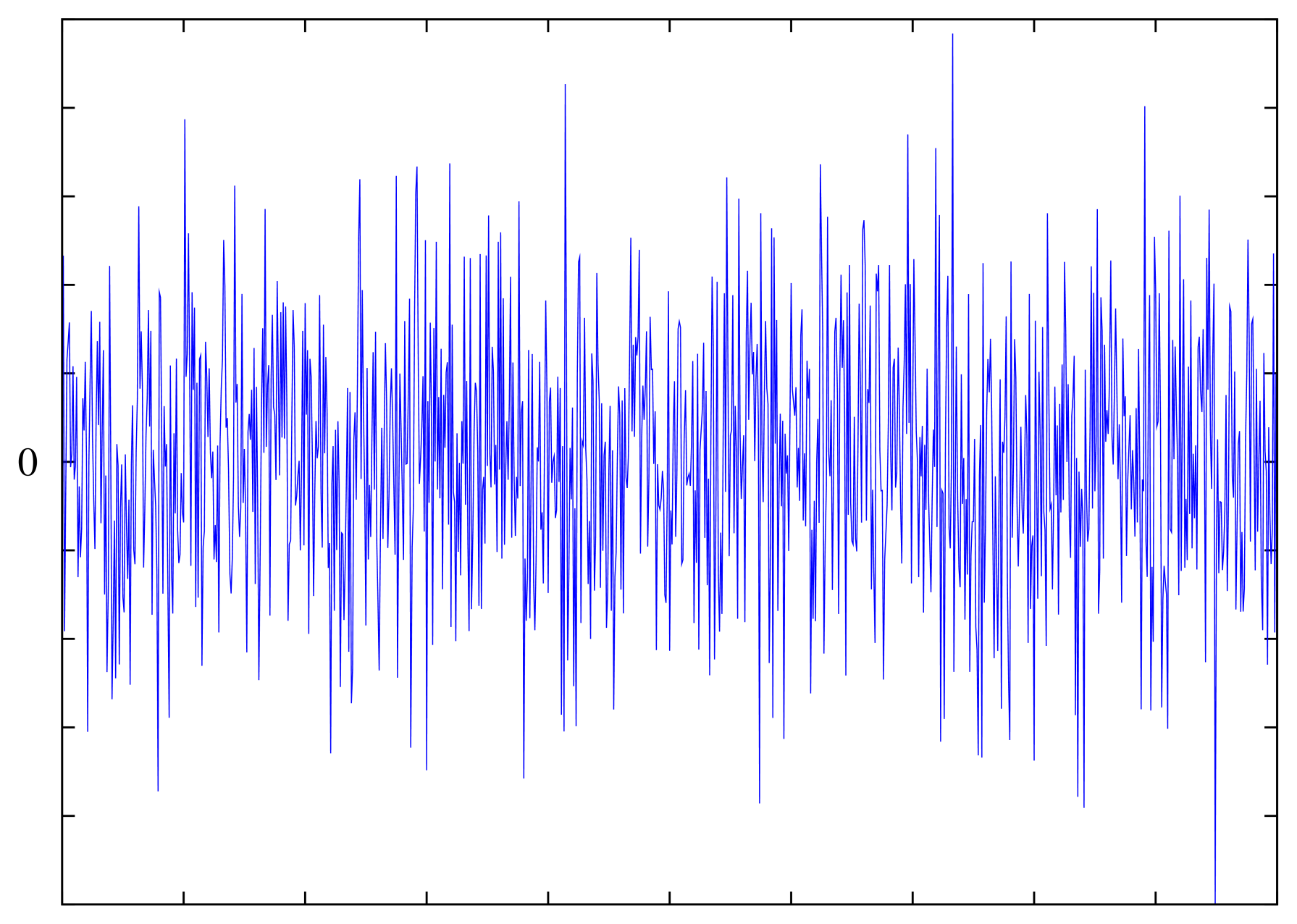Do you have a noise Addiction?
 We live in unprecedented times for distractions or as a friend calls it "noise". Most of that distraction can come from"todays" technology....internet, email, "Crackberry", iphone, laptops, social media, etc.
We live in unprecedented times for distractions or as a friend calls it "noise". Most of that distraction can come from"todays" technology....internet, email, "Crackberry", iphone, laptops, social media, etc.
I have always enjoyed this technology; the convenience and creativeness has been very enjoyable and easy to use. But like millions of others, I am be addicted to this new technology. I mean is it possible that these items have become such a part of my life that I have allowed them to run my life in a way? YES! So distracted i didn't even know it? YES!
Well they say the first step to recovery is admission! Ok, I admit it!
I need to rethink how I use technology and more importantly, when I shouldn't use it! In other words, there is a "stop and smell the roses" aspect to this as well. Taking the time to get out and away technology to enjoy life.
We will never be able to escape the grip of technology but we can control how much of a grip we let technology take hold. Hopefully, for some of you who are suffering the same fate as I did.
Some useful tips to consider on creating balance in your life:
- Planned periods of inaccessibility
- Filter Phone Calls, IM, FB Twitter updates
- Eliminate rather than streamline noise
- Actively utilize the Spam vs. delete button for unwanted emails
- Stop Junk/Spam The average person receives over 40 lbs of junk mail and 2,000 none productive emails per year. 1-6 weeks per year, add to this IM, FB, Twitter, Skype to name a few!
Good Luck! and share your thoughts
 Admin
Admin
"The Shallows: What the Internet Is Doing to Our Brains," author Nicholas Carr looks through the lens of neuroscience at how the Internet shapes our brains.
Task-switching Or Multitasking?
What is the real cost of task-switching?
Related
 Business,
Business,  Health,
Health,  Wisdom,
Wisdom,  Wishes | tagged
Wishes | tagged  Noise,
Noise,  addiction,
addiction,  convenience,
convenience,  distractions,
distractions,  email,
email,  internet,
internet,  iphone,
iphone,  laptops,
laptops,  life balance,
life balance,  technology
technology  Permalink
Permalink  Print Article
Print Article 